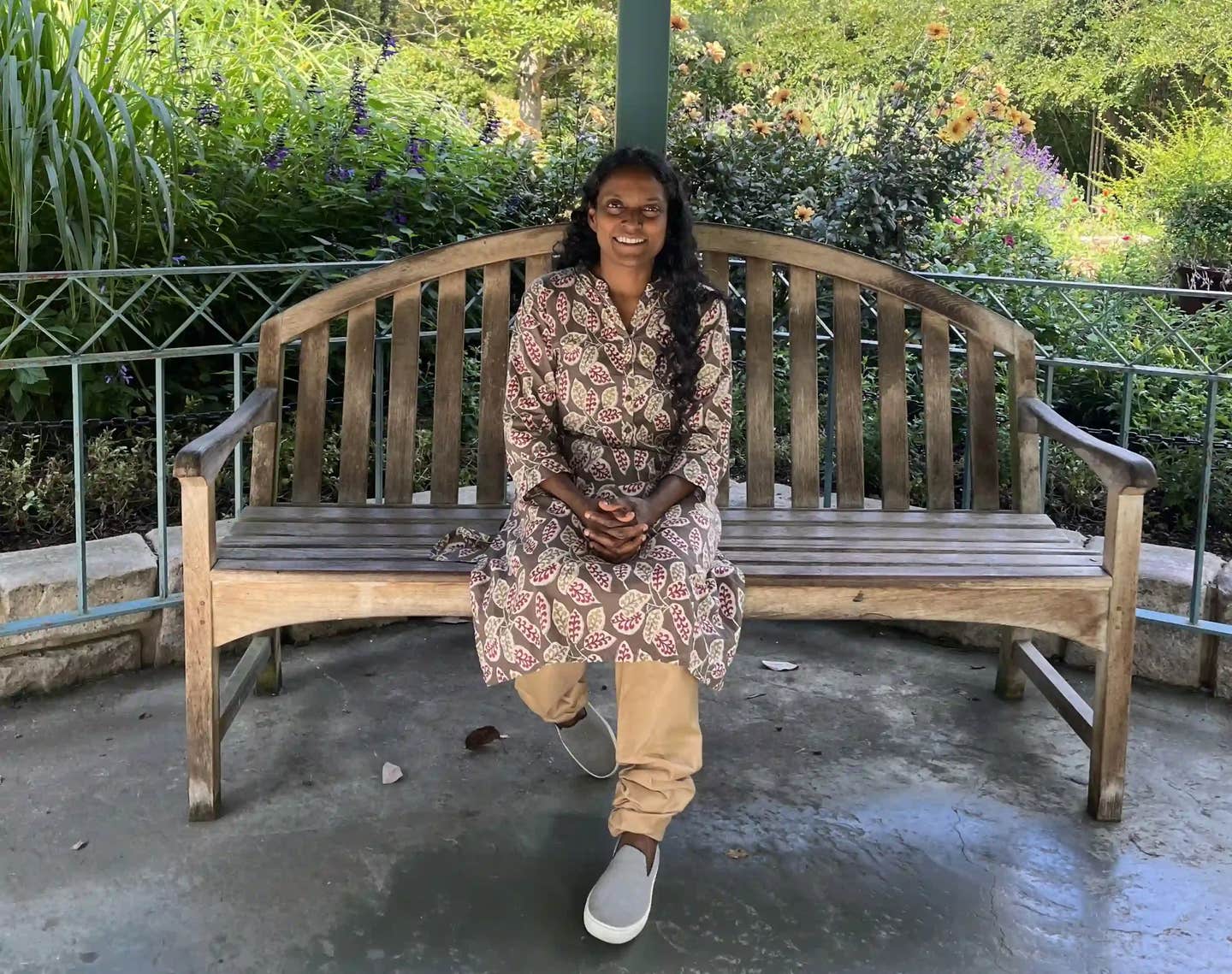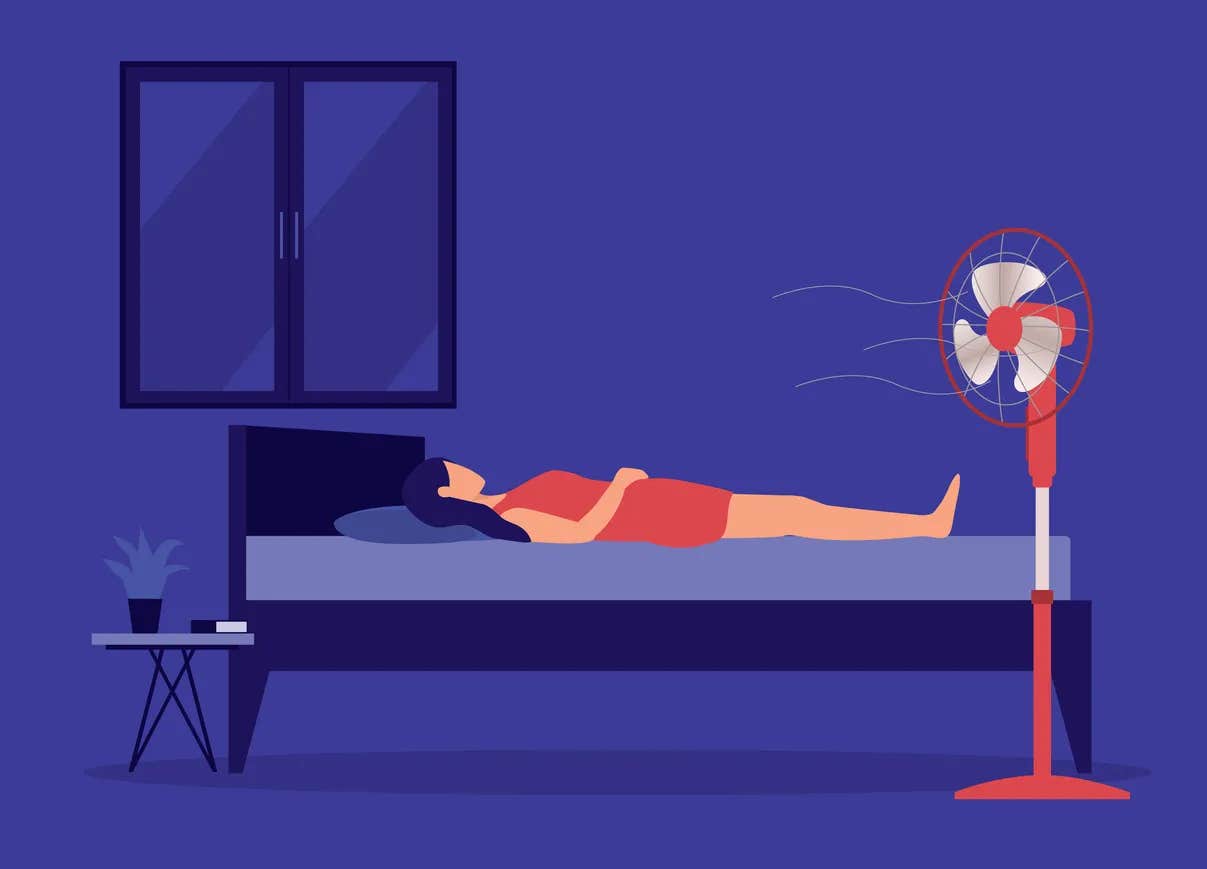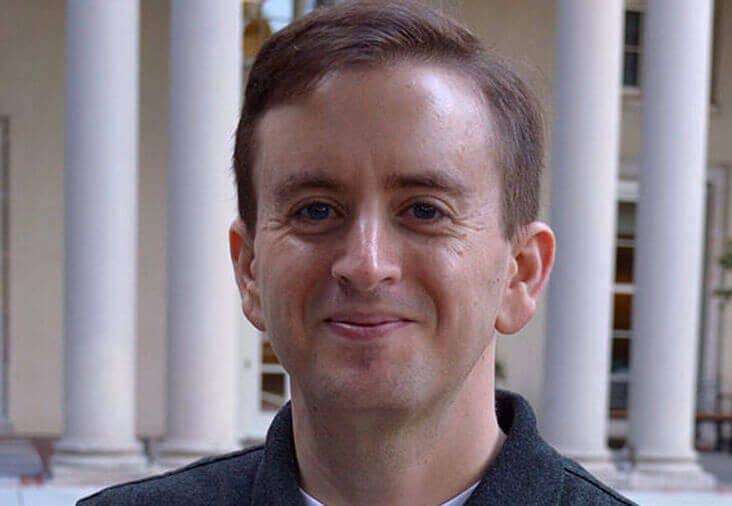The following is an excerpt from The Plant Advantage by Benji Kurtz and Glen Merzer.
Can it really be true that humans have absolutely no need for animal foods and that animal foods are detrimental to human health? If so, then why does the overwhelming majority of people around the world continue to eat them?
As a nation and as a world we are engaged in a kind of collective insanity. We have constructed our diets around substances that are destroying our health and our planet. We have arrived at this point for many reasons.
Top 10 Reasons Some People Find it Hard to Give Up Meat
- Humans have a weakness for fatty foods in general.
- Our ancestors ate meat because obtaining sufficient calories was their primary goal. They were not concerned about longevity.
- It is only recently that large-scale animal agriculture has posed a threat to the planet.
- Eating animals became associated in many cultures with strength and power.
- Science initially made the error of attributing superiority to animal protein.
- Culture and habits die hard, and eating animals is common in most cultures.
- The human body is durable and pliant, and so there are many long-lived meat-eaters, who appear to provide evidence against the truth that animal foods are unnecessary and harmful.
- Nutritional studies are designed and presented in ways that appear confusing and contradictory to the general public, and rarely involve a cohort on low-fat, plant-based diets.
- The industry of animal agriculture promotes its interests without compunction, taking good advantage of a confused public, and infiltrating all agencies of government relevant to advancing sales of their products.
- It isn’t only animal foods that are making Americans fat and sick; it is also the excessive consumption of processed foods including oils. This provides ammunition to the defenders of the meat industry who can point these substances as the true evils in our diet.
As long as Americans are confused about nutrition, we will continue to be fat and sick. We need to have an understanding of the basic principles involved in human nutrition. That begins with an understanding that the way we eat will affect our health more than virtually anything else.
Read more:
The Dietary Pleasure Trap, or the biological drive to seek pleasure (high fat, high sugar foods).
The myth of complementary protein by Jeff Novick, MS, RD.
The protein juggernaut has deep roots by T. Colin Campbell, PHD.
“Why do people prefer foods with artificially high calorie density to healthier, low-calorie density foods?” Breaking free of the dietary pleasure trap by Doug Lisle, PHD.
About the co-author: Glen Merzer is a playwright, screenwriter, and author. Glen's first novel is Off the Reservation, the story of a vegan congressman's quest for the presidency. Merzer is also the co-author of Mad Cowboy and No More Bull!, with Howard Lyman; Better Than Vegan, with Chef Del Sroufe; Unprocessed, with Chef AJ; and Food Over Medicine, with Pam Popper.
Related News
Get Our Best Price On The Forks Meal Planner

Forks Meal Planner takes the guess work out of making nutritious meals the whole family will enjoy.
Master Plant-Based Cooking!
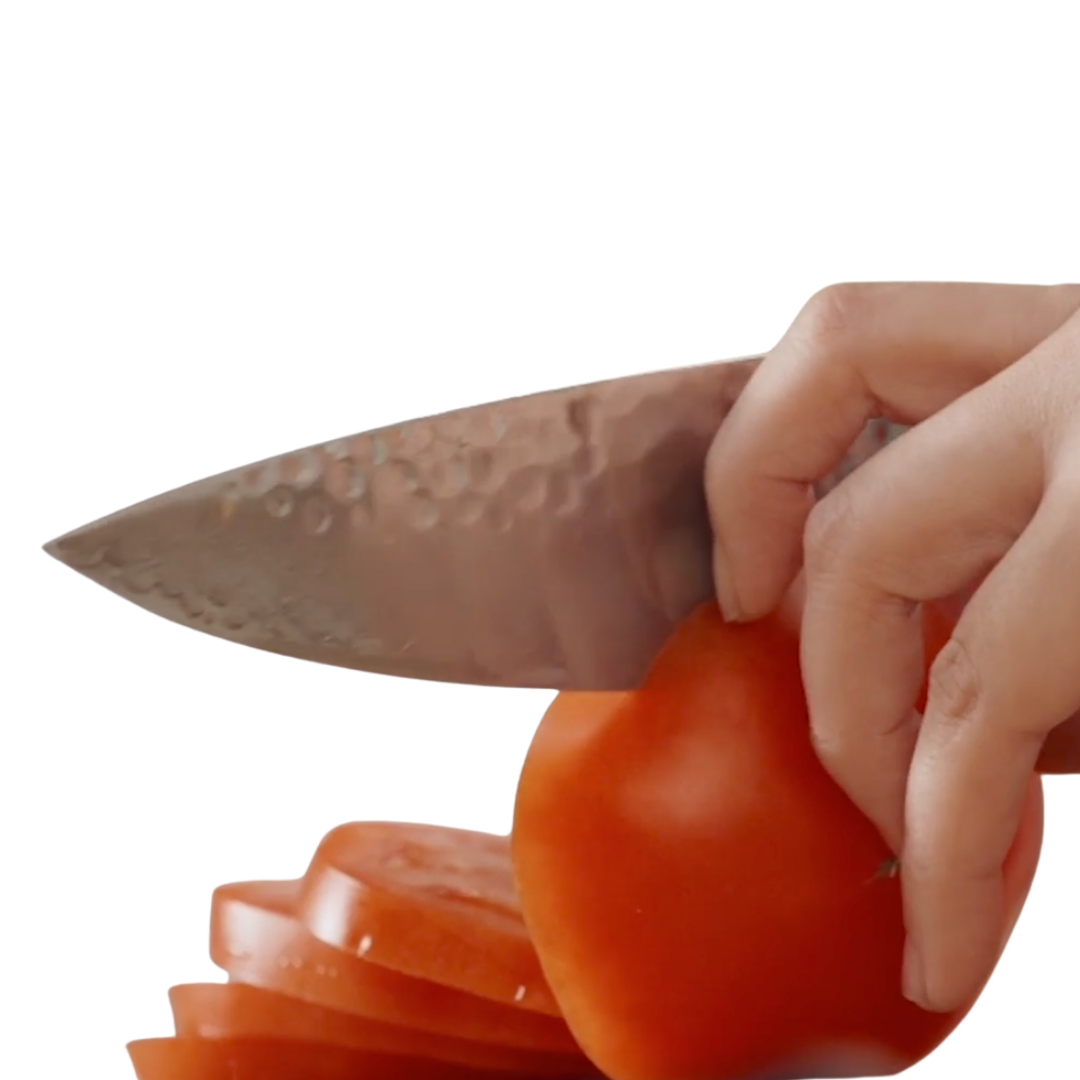
Our new course features over 100 lessons, 50+ recipes, downloadable guides, and more!
New Frozen Meals!
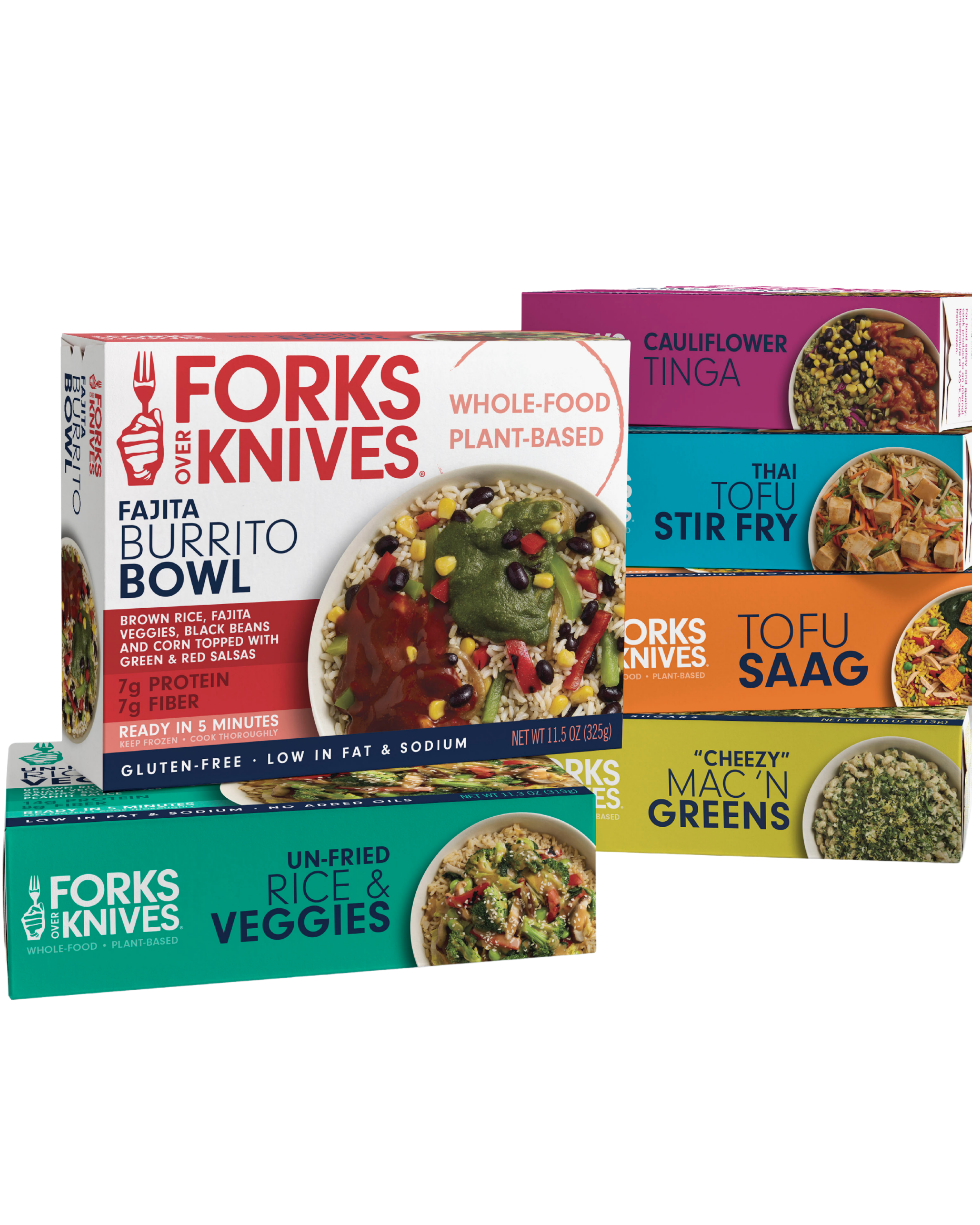
Introducing our new frozen meals: Doctor-recommended, chef-crafted, & ready in minutes.
